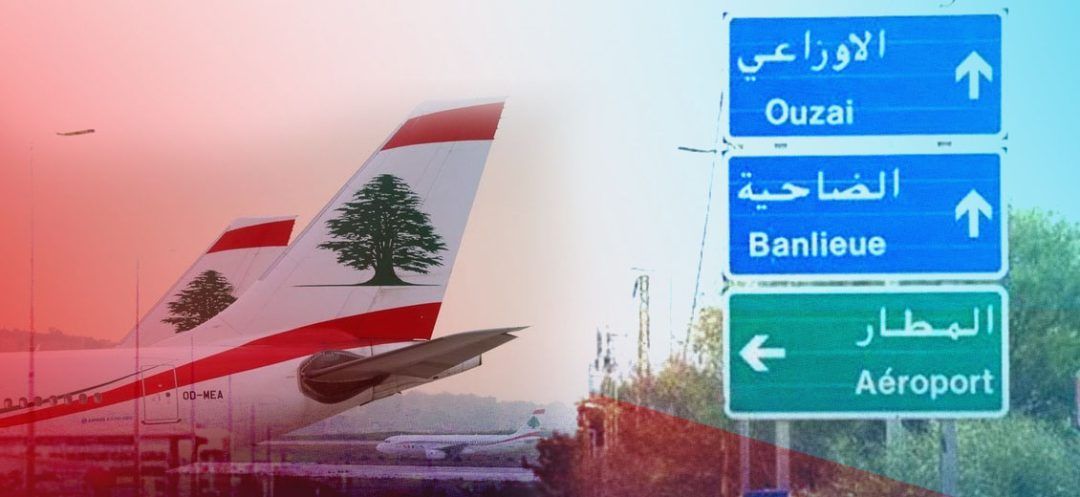
"They are everywhere, they buy everything, they show up with wads of cash in Ashrafieh and Metn, in Batroun, where they acquire luxury items, apartments, land and stores." An invasion so extensive that some mayors have established administrative barriers.
"They" are the Shia, and the above statements reflect popular convictions, lacking verified statistics, the “word on the street.” So, what is happening in this taboo sphere of sectarian communalism with economic undertones? The pattern can be woven with some realities to create the national economic fabric.
1- It is undeniable, first, that supporters of Nabih Berri and Hassan Nasrallah, among others, have benefited and continue to benefit from lucrative illegal activities, currency exchange operations and subsidies from Hassan Diab and Raoul Nehme. "Smuggling to Syria is an act of resistance," said Naim Qassem.
Hence the popular saying that "everything is cheaper in Dahyeh," because everything is illegal. Hence also the wads of cash that accumulate there and reappear in the market arenas throughout the country. And all this without paying taxes, as in any black economy.
2- However, this flashy visual is somewhat reductive. If you are not connected, dear Shia compatriot, to one of your jurassic leaders, you are likely to beg for a poorly paid job here or there, preferably outside the public sector (as in the past) because it is no longer profitable. Or you might go join your cousin in Africa.
Or serve as cannon fodder just because you live in Aita al-Shaab, hoping that your family will inherit a subsidy once you succumb to the madness of an endless war. Otherwise, your livelihood of olive groves will evaporate with all things phosphorus. That’s because Hezbollah, seeing that its population was not miserable enough, decided to add another layer of misery.
The economic disparity was already evident, between the center (Beirut and Mount Lebanon), which accounts for two-thirds of the country's wealth, and the peripheral areas. But again, the local militias are to blame. No one dares to invest significantly in regions that are lawless and where a percentage of the income seems to be expected by the local zaim.
The worst part is that, apart from your financial destitution, you have caught the bad reputation which has closed the doors of the Gulf and other countries to you, in addition to some of your compatriots, "as a precaution." In short, you are a suspect until proven otherwise. So much so that one tends to address a respectable bourgeois with, "Oh, you are Shia?! It doesn't show."
3- But to return to the wealthy Shia, where do their easily acquired dollars end up? It is known that the most expensive real estate, apart from Beirut, is in Christian areas. And most legal economic sectors are dominated by Christians and Sunnis.
This is a proven fact that goes back a long way. Christians received advanced education and international exposure earlier than others, thanks to missionary schools, USJ and the French mandate. They have had exclusive commercial representation for decades, covering several countries in the region.
The Sunnis caught up later in many fields, mainly due to their urbanization, AUB and cultural and religious proximity to the Gulf countries.
The Shia came late to the competition for wealth sources and found only Africa to make a fortune... before some began tapping into local mafia sources thanks to militia dominance.
4- Once this scheme is outlined, let’s see... schematically how the money circulates. A nouveau riche Shia will acquire real estate, a car, jewelry, luxury items and consumer products. And there is a high chance that the money spent will end up in the hands of the Christian or Sunni agent, which is normal: a small country like Lebanon cannot erect borders between communities.
The moral of the story? What a sad era that makes such an eco-confessional dimension so devastating. And what a rotten time that, by ricochet, leads us to discuss the religion of a buyer and a seller.
Read more




Comments